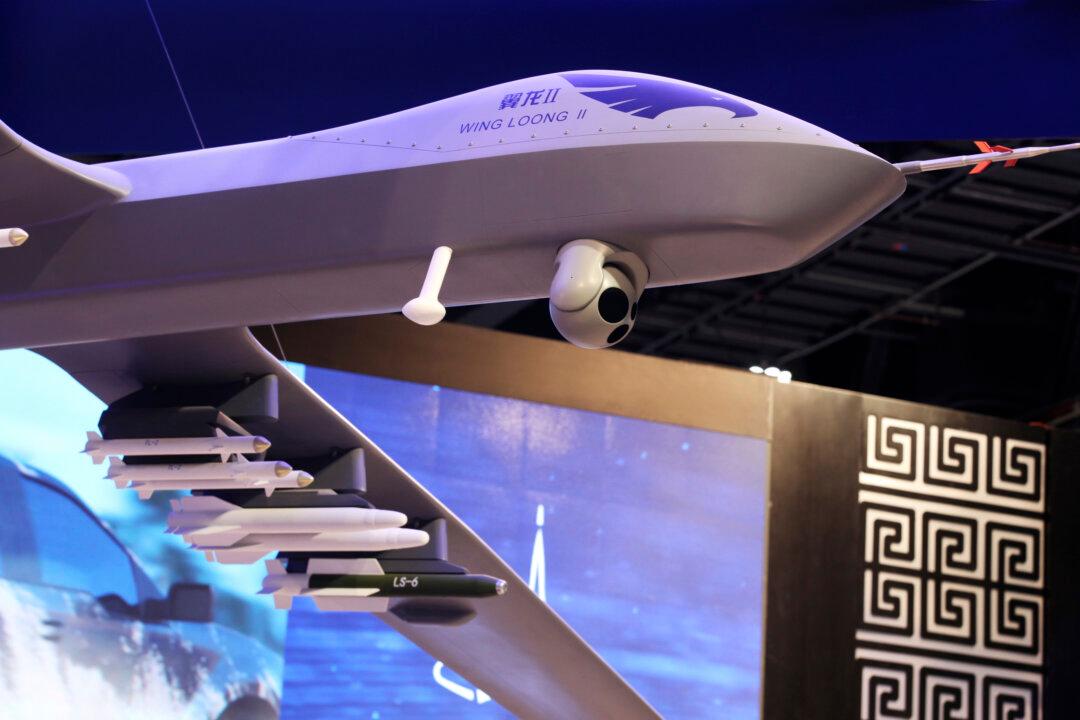The rise of artificial intelligence (AI) with military applications may be increasing the likelihood of an armed conflict between China and the United States, a new report says.
New AI uses within the military community, combined with ongoing tensions between the United States and communist China, are increasing the risk of strategic catastrophe, according to a new report (pdf) by the Center for a New American Security think tank.




